The operating temperature range of this aluminum conductor PVC coated automotive wire is from -40°C to +125°C, covering a wide range of temperatures from extreme cold to high temperatures. This means that in most automotive operating environments, the wire can maintain its original mechanical and electrical properties and will not fail due to temperature fluctuations. Especially in high temperature environments, the wire can withstand temperatures up to 125°C without softening, deformation, or melting of the insulation layer.
PVC (polyvinyl chloride) is a commonly used insulating material with good insulation properties and mechanical strength. In this wire, the PVC insulation layer is specially treated to improve its heat resistance. By adding additives such as heat stabilizers and antioxidants, the PVC insulation layer can maintain its structural stability and insulation properties at high temperatures. These additives can prevent PVC from thermal decomposition and oxidation at high temperatures, thereby extending the service life of the wire.
This wire has also undergone heat and pressure resistance tests to ensure its stability under high temperature and pressure. In the test, the wire is placed in a high temperature environment and a certain pressure is applied to simulate the actual working conditions in the automotive electrical system. After testing, the wires were able to maintain their original mechanical and electrical properties without problems such as insulation cracking, exposed conductors, or increased resistance.
The PVC insulation layer has good chemical resistance and can resist corrosion from a variety of chemicals. In automotive electrical systems, wires may come into contact with various oils, detergents, and other chemicals. The PVC insulation layer of this wire is specially treated to resist corrosion from these chemicals, thereby maintaining its insulation properties and mechanical strength.
The aluminum conductor itself has good physical stability and can maintain its conductive properties under various environmental conditions. At the same time, the PVC insulation layer protects the aluminum conductor from mechanical damage and moisture corrosion. In automotive electrical systems, wires may be subjected to mechanical forces such as vibration, impact, and bending. Both the PVC insulation layer and the aluminum conductor of this wire have good mechanical strength and can withstand these mechanical forces without damage.
This wire is specially designed to ensure stable electrical properties within the specified temperature and voltage range. This means that the wire will not cause problems such as increased resistance, current leakage, or short circuits due to temperature increases or voltage changes. In automotive electrical systems, the electrical performance stability of the wire is critical to ensure the normal operation of the entire system. This wire can meet this requirement and provide reliable power transmission and signal transmission for automotive electrical systems.
This aluminum conductor PVC coated automotive wire has excellent heat resistance and stability, and can play a good role in various automotive electrical systems. However, it is still necessary to pay attention to complying with technical specifications and operating requirements during use to ensure the safety and reliability of the wire. At the same time, regular inspection and maintenance of the wire is also an important measure to ensure its long-term stable operation.

 ENGLISH
ENGLISH 简体中文
简体中文 GERMAN
GERMAN SPAIN
SPAIN
 +86 181-5747-1135
+86 181-5747-1135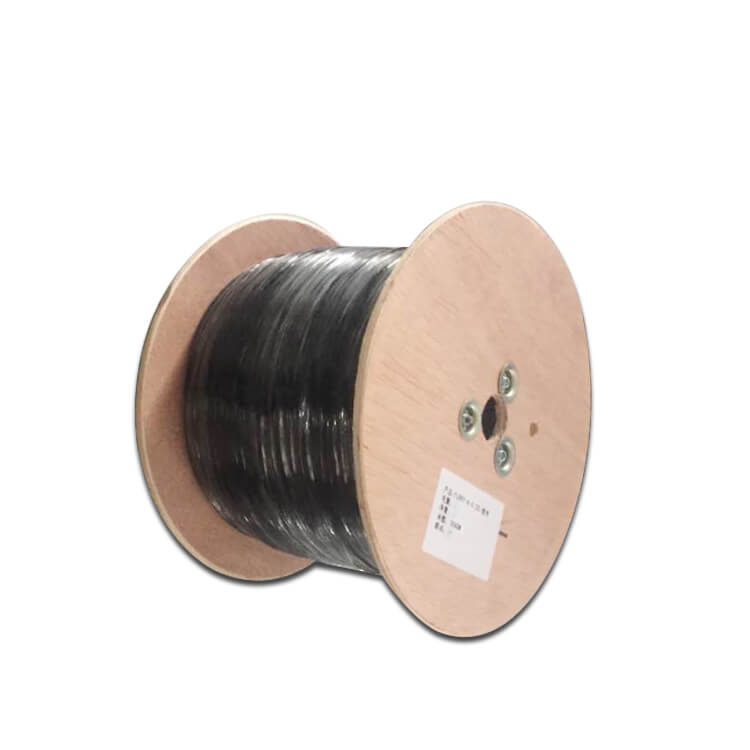
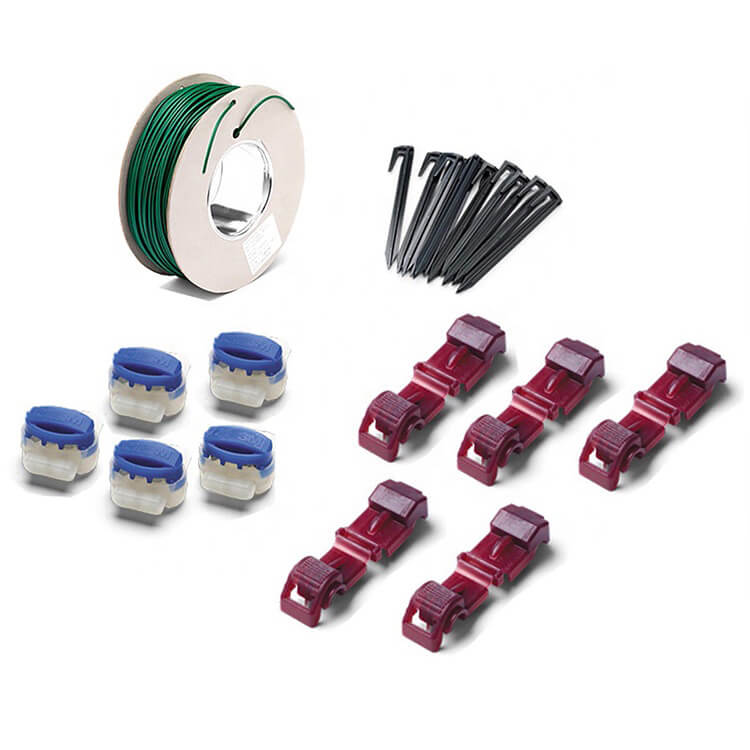
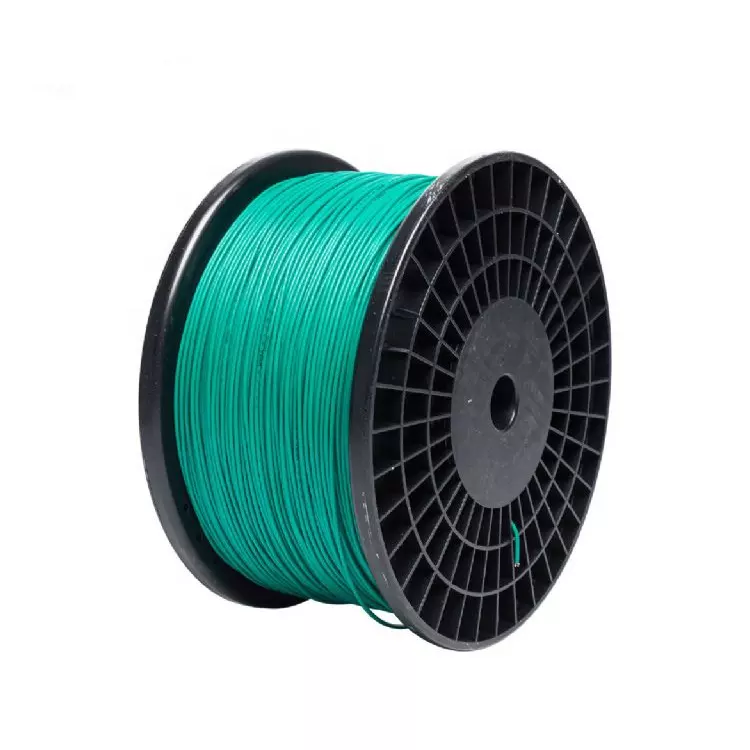



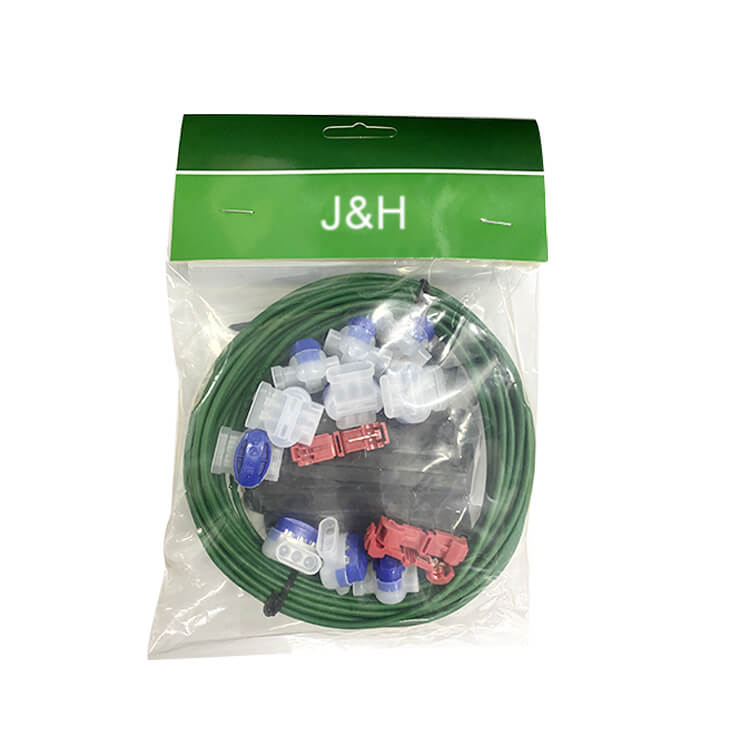
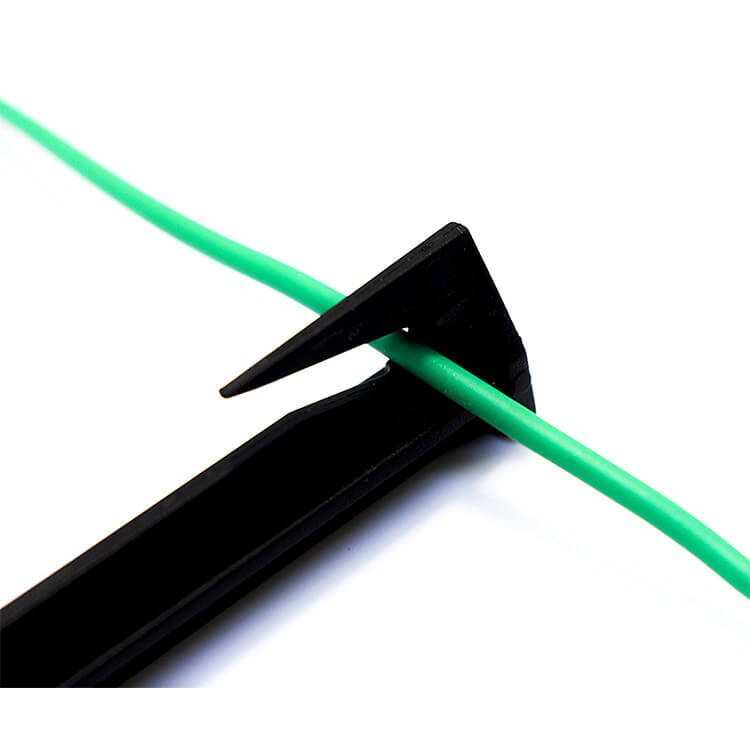
 Abroad:+86 181 5747 1135
Abroad:+86 181 5747 1135 FAX: +86 574 8900 7636
FAX: +86 574 8900 7636 E-mail:
E-mail: 

 read the map
read the map

